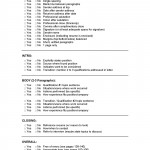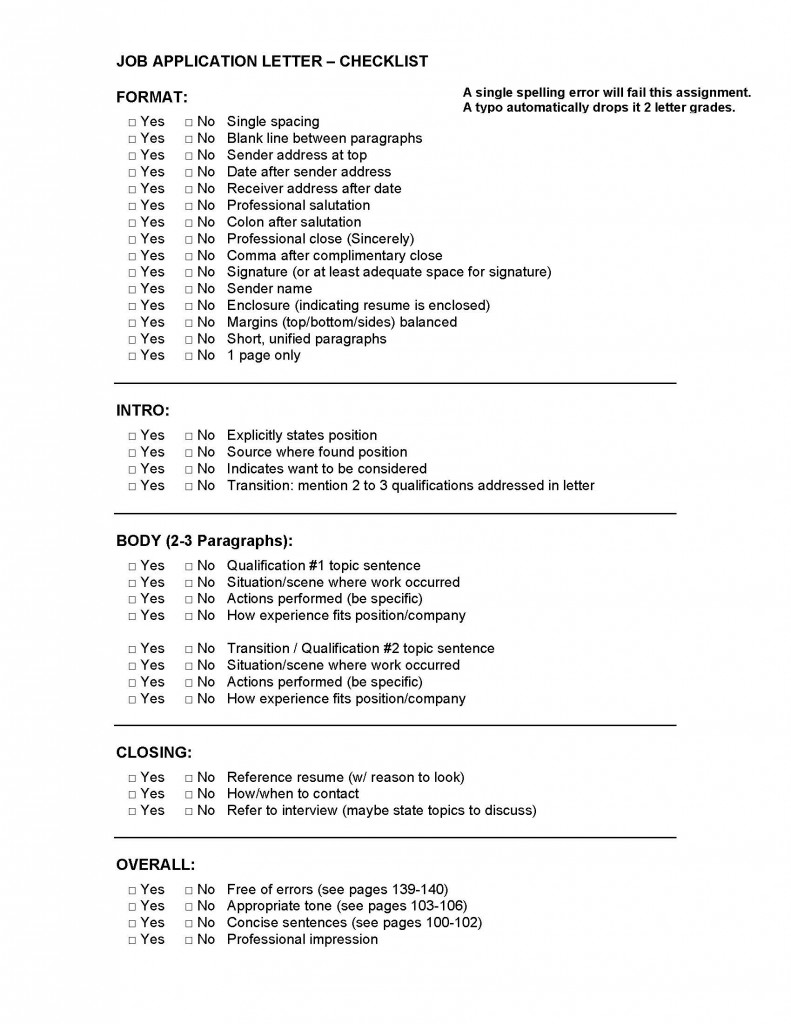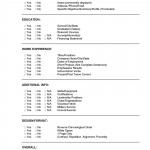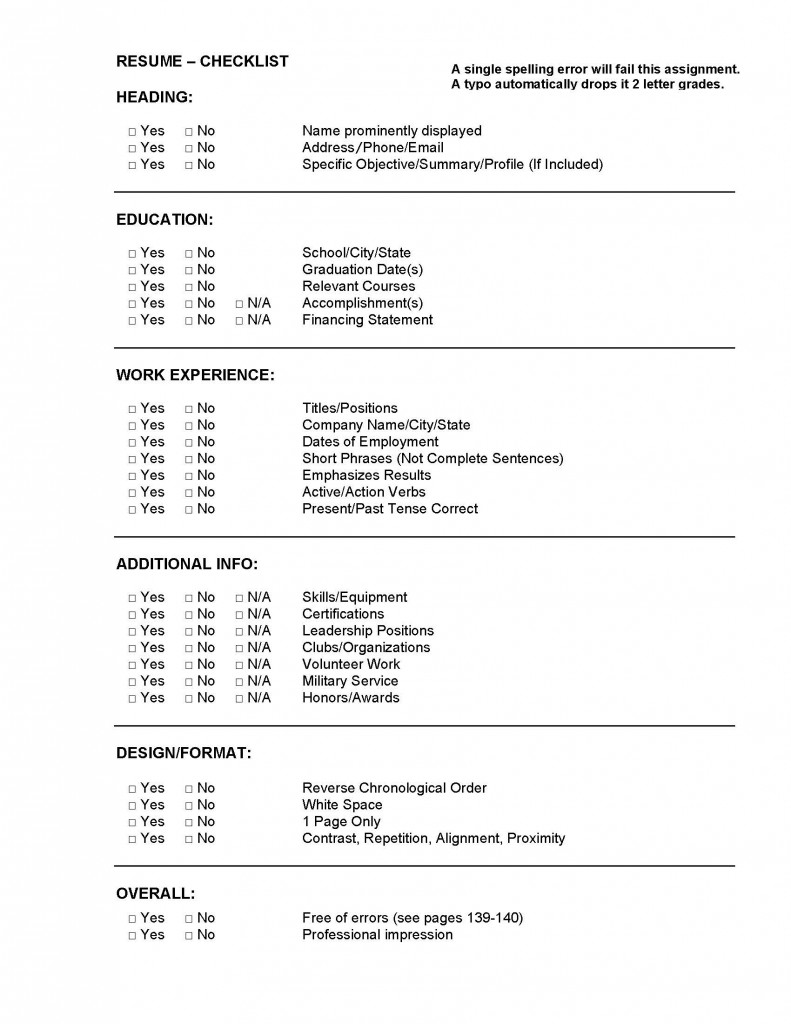3 Keys to Turning Down a Job Offer Without Burning Bridges
by RICHARD MOY

Breaking up is hard to do. Especially when “breaking up” means declining a job offer that you’ve worked really hard to get. You know who it’s even harder on? The recruiter. I can still feel that rush of anxiety I felt every time someone I was really excited about turned me down.
That being said, sometimes after receiving that exciting phone call, it becomes clear that it’s just not right for you. And because it’s taken a handful of interviews, thank you notes, and the sincerest “I-am-really-intrigued-by-what-you’re-working-on” statements, it often feels like you’ve already started building relationships with the people you’ve met with . So, when it comes time to decline an offer, it can be easy to overthink it.
To help you write that not-so-pleasant email to a hiring manager, here are the three best ways I was turned down. They resonated so well that I was able to momentarily forget that I was going to have to start my search from scratch.
1. Offer Referrals
Here’s something I found to be true really quickly when I started recruiting: Sometimes, the right company offers you the wrong job. In other words, imagine that your favorite clothing designer has just offered you a position in its accounting department, which would be really exciting if not for the fact that you haven’t opened a spreadsheet in years, and have zero interest in ever doing that kind of work again.
While you should aim to be as professional as possible when declining any job offer, you’ll want to be particularly thoughtful when turning down your dream company. One way to say “no thanks” without sounding like a total jerk? Be honest, but don’t wax poetic about why you’re turning the company down. And do offer referrals if you have them, especially in the case that you really think the company is awesome. Feel free to use the template below to let the hiring manager down ever-so-gently.
Dear Hiring Manager,
Thank you so much for the generous offer to join your team. As we discussed, I’ve admired the company for a number of years, and am a proud endorser of its products. However, after further consideration of where I currently am in my career, I will unfortunately have to decline, as much as it pains me to do so.
That being said, I have a few connections I think would be great for the role and would be happy to send their information along to you. I would also love to stay in touch via LinkedIn and have already started following you on Twitter. If there’s anything else I can send along to you, please let me know.
Thanks again,
The Person Who Can’t Believe She’s Saying No Thanks
2. Pick Up the Phone
If you want to play it safe—not to mention super considerately—think about using your phone as a phone when you turn down a job offer. I know it sounds like a crazy idea (I mean, email is so much easier, am I right?), but hear me out.
There’s one thing email in all its glory simply does not afford you: A full conversation, complete with tone. All at once.
I had a couple of top contenders tell me they were turning me down by sending me an email that might as well have been a tweet. It usually went something like this:
Dear Rich,
Thanks for the offer. Unfortunately I am going to decline.
All the best,
The Person Who Just Told You No
The funniest part? Those candidates often wrote back to me six months later to check in on roles I was working on. Uh, no thanks, bub. When in doubt about how you’ll come across in an email to turn down a gig, pick up your phone and call The Person in Charge. It doesn’t have to be a long conversation (you can even leave a voicemail if you don’t get through), but make it a point to give that person more than, “Hey there, no.” To kick off your phone call, feel free to start with a simple “thanks, but no thanks,” which we’ll discuss in more detail in a minute.
3. Go With a Simple “Thanks, But No Thanks”
If you’re anything like me, you completely overthink these things. But, the truth is that you would really have to go out of your way to offend a hiring manager by declining a role. No matter how thoughtful you are about it, the logistics of it are simple: A top candidate has turned down an offer, and The Person in Charge has to start over—which we all know is not very much fun. But, here’s a little secret: In my experience as a recruiter, my disappointment never turned to resentment whenever a contender reached out to decline an offer.
That being said, it’s often best to keep it short and sweet. If you’re at a loss for how to start, here’s a simple template that you can use to help you get started.
Dear Hiring Manager,
Thank you so much for taking the time to meet with me over the last few weeks. It was a pleasure to learn more about all the great work you and the team are up to at The Company I Am About to Turn Down.
As flattered as I am to receive an offer to join your team, I will unfortunately have to decline. If there are any questions I can answer for you, please let me know.
Warm regards,
The Candidate Who Just Said No Thanks
It’s never easy to decline a job offer, especially when you feel like you need a job. But sometimes it’s worth waiting it out for the right job , and not just one that happens to be available. Take a deep breath and don’t forget that you’re dealing with this because you’re great and people want to hire you. And because you’re great and people want to hire you, don’t be afraid to say “no thanks” to a job that you don’t want—for any reason.
Photo of desk courtesy of JGI/Tom Gill/Getty Images.

Richard Moy is a Content Marketing Writer at Stack Overflow. He has spent the majority of his career in talent management, including a stint as a full-cycle recruiter and hiring manager. In addition to the career advice he contributes to The Muse, he also writes test prep and higher education marketing content for The Economist. Say hi on Twitter @rich_moy.





![How to Properly Format Your Resume [Infographic], via @HubSpot:](https://s-media-cache-ak0.pinimg.com/564x/b0/4d/27/b04d27242ef14b4dae38822652c9ec32.jpg)












